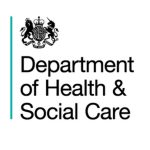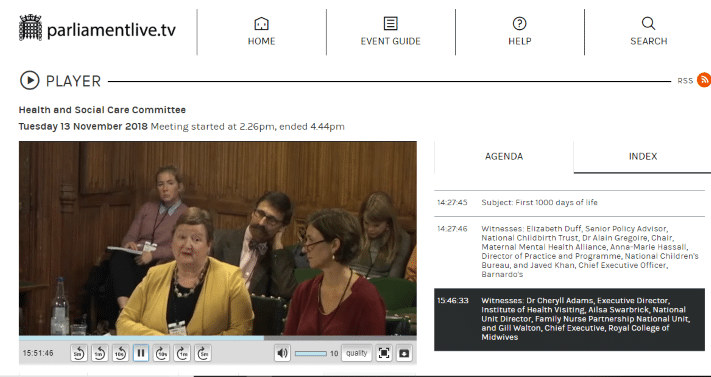iHV Evidence-based conference: Creating healthy children: 2020 and beyond
12 and 13 May 2020, Manchester
The iHV is delighted to offer you the opportunity to present your practice development or research at our latest evidence-based conference – Creating healthy children: 2020 and beyond.
This 2-day conference is being held on 12 and 13 May 2020 in Manchester. International delegates will be made very welcome.
Our conference programme brings together local, national and international speakers focused on sharing best practice examples and research to improve health visiting practice for babies, children and families. The presentations and workshops will reflect the breadth of health visiting practice and service development reflected primarily in the 15 High Impact Areas and 8 Key Principles set out in our recently published “Vision for the Future”.
The conference will also coincide with the 2020 anniversary celebrations of Florence Nightingale’s birth and we are keen to incorporate advances in public health nursing in recognition of Florence’s founding role in this field of nursing.
Abstract topics
Abstracts should be centred on public health, families, health visiting and relationships and aim to address at least one of the key elements of excellence in practice: personalised, collaborative, effective, evidence-driven, responsive, accessible, fairer and professional autonomy.
Abstracts will be considered on the following areas:
- Transition to parenthood, including preconception care
- Breastfeeding
- Perinatal mental health (mothers, fathers and partners)
- Infant and child mental health
- Healthy nutrition, physical activity and healthy weight
- Managing minor illnesses, building health literacy and prevention of Sudden Infant Death Syndrome (SIDS)
- Reducing unintentional injuries
- The uptake of immunisations
- Primary prevention and health promotion in oral health
- Child development 0-5 years, including speech, language and communication and school readiness
- Sleep
- Children with developmental disorders, disabilities and complex health needs
- Tobacco, alcohol and substance misuse in the perinatal period
- Healthy couple relationships
- Teenage parenthood
Abstract Submission and Timeline
Abstract format:
- The abstract should be no more than 300 words and provide an overview of your practice development or research, clearly indicating the impact on health visiting practice.
- Please structure your abstract as follows:
- aim
- objectives
- method
- results
- conclusion
- recommendations
- Also, please tell us whether you would like to present this as an oral presentation or e-poster.
- Please submit your abstract as a Microsoft Word document to [email protected]
Abstract Timeline:
- The abstract submission deadline is 17 February 2020.
- After an iHV peer-review process, participants will be informed of acceptance of abstracts for either oral presentation or a poster by 9 March 2020.
Full guidance on the e-poster and oral presentation delivery format will be provided if your abstract is successful.
Update – 20 January 2020 – Bookings now open!
It is important that you book to secure your conference place on or before accepting your offer to present and at the latest by 1 April 2020.
Earlybird tickets (for iHV members and non-members) are available until 20 March 2020, so please book early to secure your ticket at this highly popular event! Limited student places also available.

Please book early to secure these great discounts and avoid disappointment.
 The Prime Minister has asked Rt Hon Andrea Leadsom MP to lead a new review into improving health and development outcomes of babies and young children in England. The time from conception to the age of 2 is a critical time for development and can impact physical health, mental health and opportunity throughout life.
The Prime Minister has asked Rt Hon Andrea Leadsom MP to lead a new review into improving health and development outcomes of babies and young children in England. The time from conception to the age of 2 is a critical time for development and can impact physical health, mental health and opportunity throughout life.









